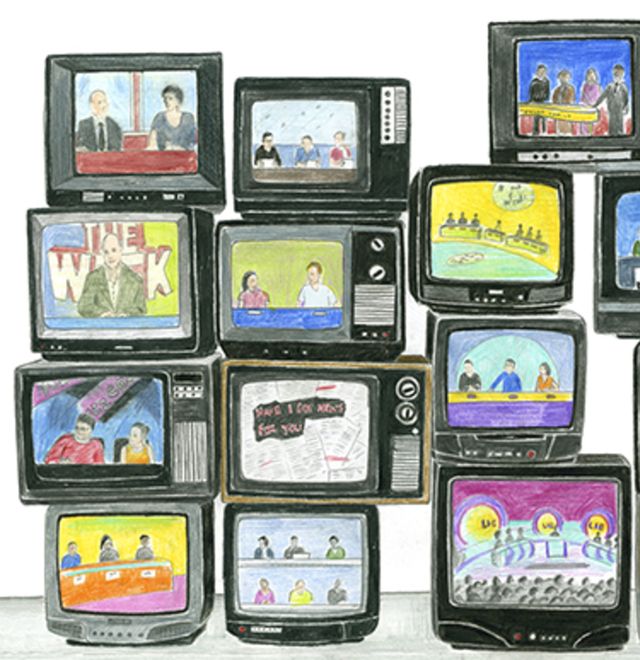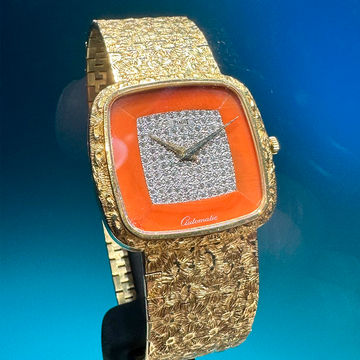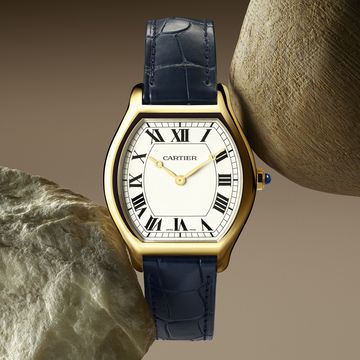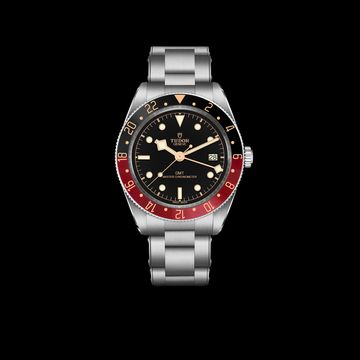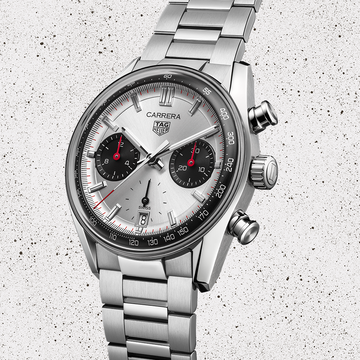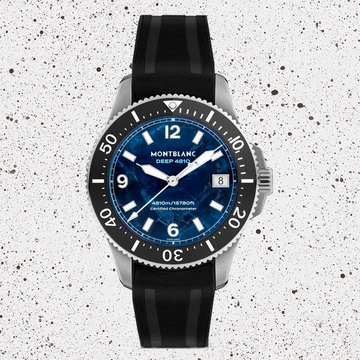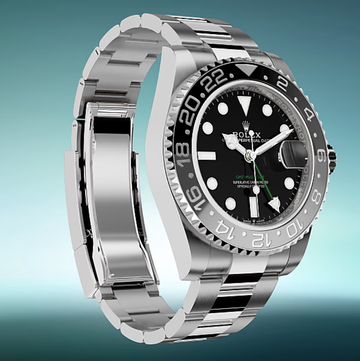Celebrity panel show Would I Lie To You? returns to BBC One tonight. Esquire's TV critic Michael Holden finds it an unlikely source of comfort.
To be fair, Would I Lie To You?, which returns for a third series tonight, is not a bad programme. It's funny and it kills time - what more might one ask from it? But there is something about the panel show, something dependable, something decent, and something trite, that seems fearfully safe in an era so stripped of audacity.
On the one hand it might make you laugh, but on the other it offers a format for gifted performers who can and have broken new ground to simply goof off for one another's amusement. While the medium lies bleeding, those that might revive it are effectively being lured down the pub.
Since writing that last sentence I have been out for a cigarette and whilst smoking it realised that its assertion is probably unfair. Even people on panel shows have to make a living and to allege that David Mitchell, or Rob Brydon or even Carol Vorderman should be doing something different with their time is to miss the point of the show, and possibly life entirely.
What I do feel through watching shows like this is a sense of familiar disappointment. It is like going into a shop hoping to buy something and finding all you have in your pocket is foreign coins; familiar shapes and faces stare back at you, but you still can't get what you need.
On a lighter note I accidentally sat through an episode of Flog It! the other day and realised that in its way it is perhaps a quintessential piece of recession era TV. Though conceived in happier times, the baseline honesty of the antiques experts,
"This is fake, and it's ugly, you'd be lucky to get a hundred quid for it, we'll go for a reserve of 40," seems oddly joyous. Set it against the optimistic wish fulfilment of The Antiques Roadshow, "It's a Titian, you'll never have to work again, and neither will your children, and to think you bought it for 50p," and it seems to boast a kind of tragic realism that the rest of broadcasting, and indeed its great enabler, advertising, would do well to emulate.
Read the full column on page 100 of the September issue
